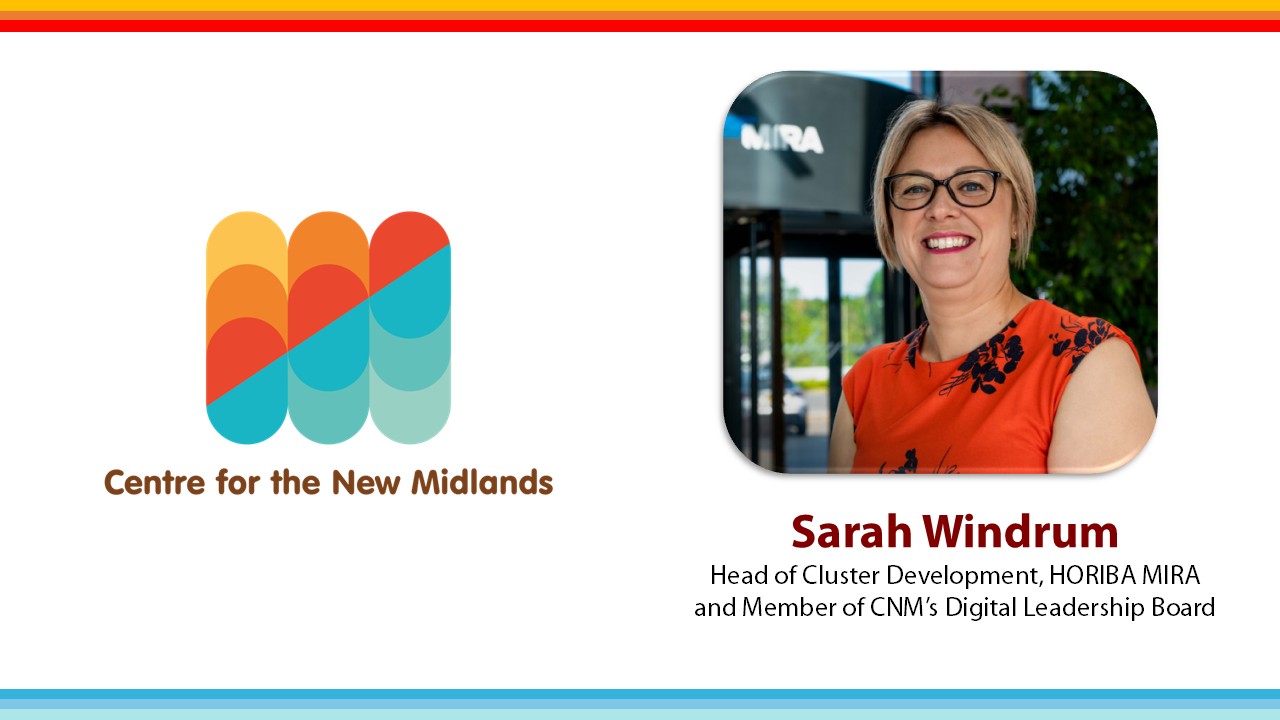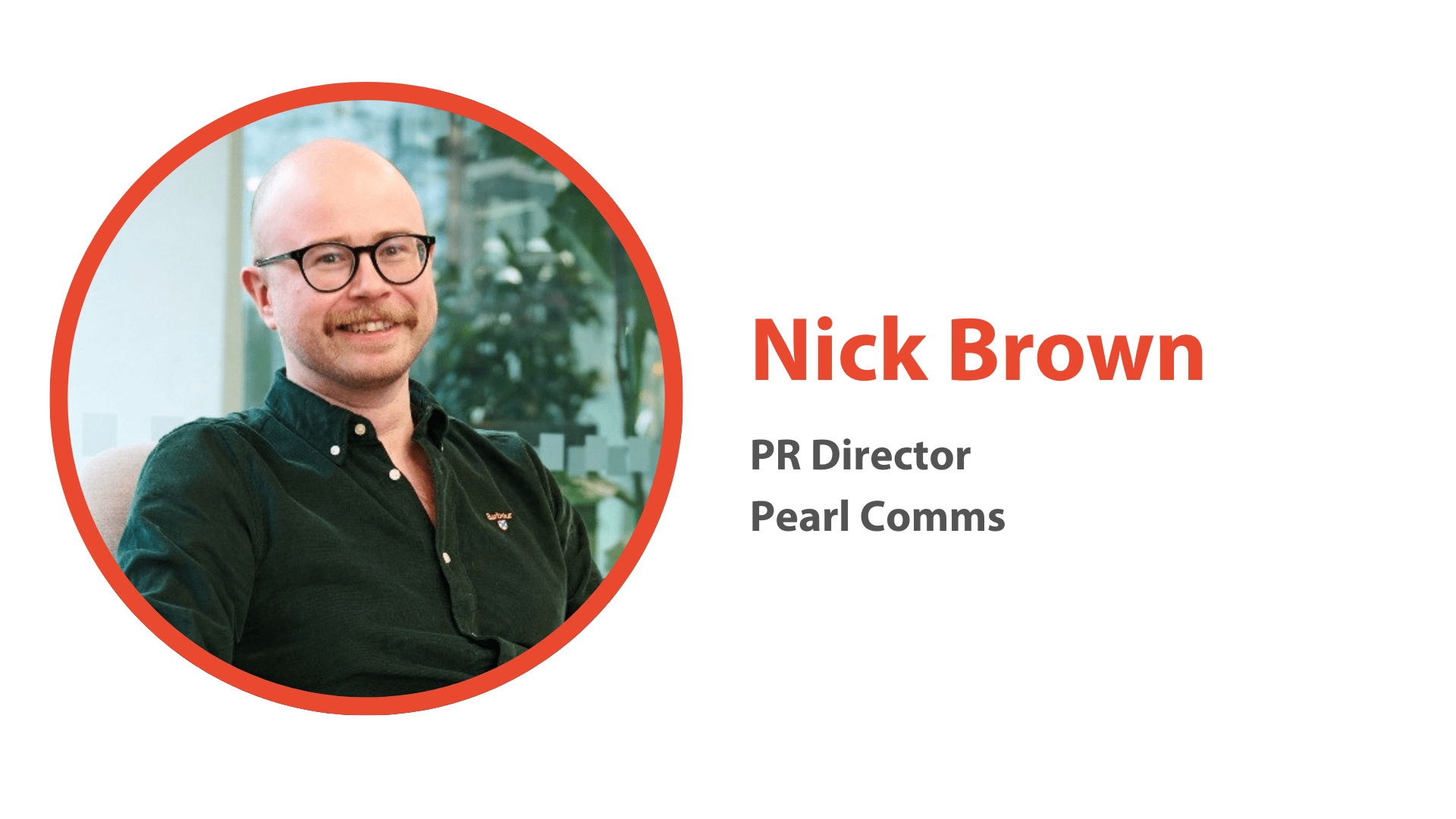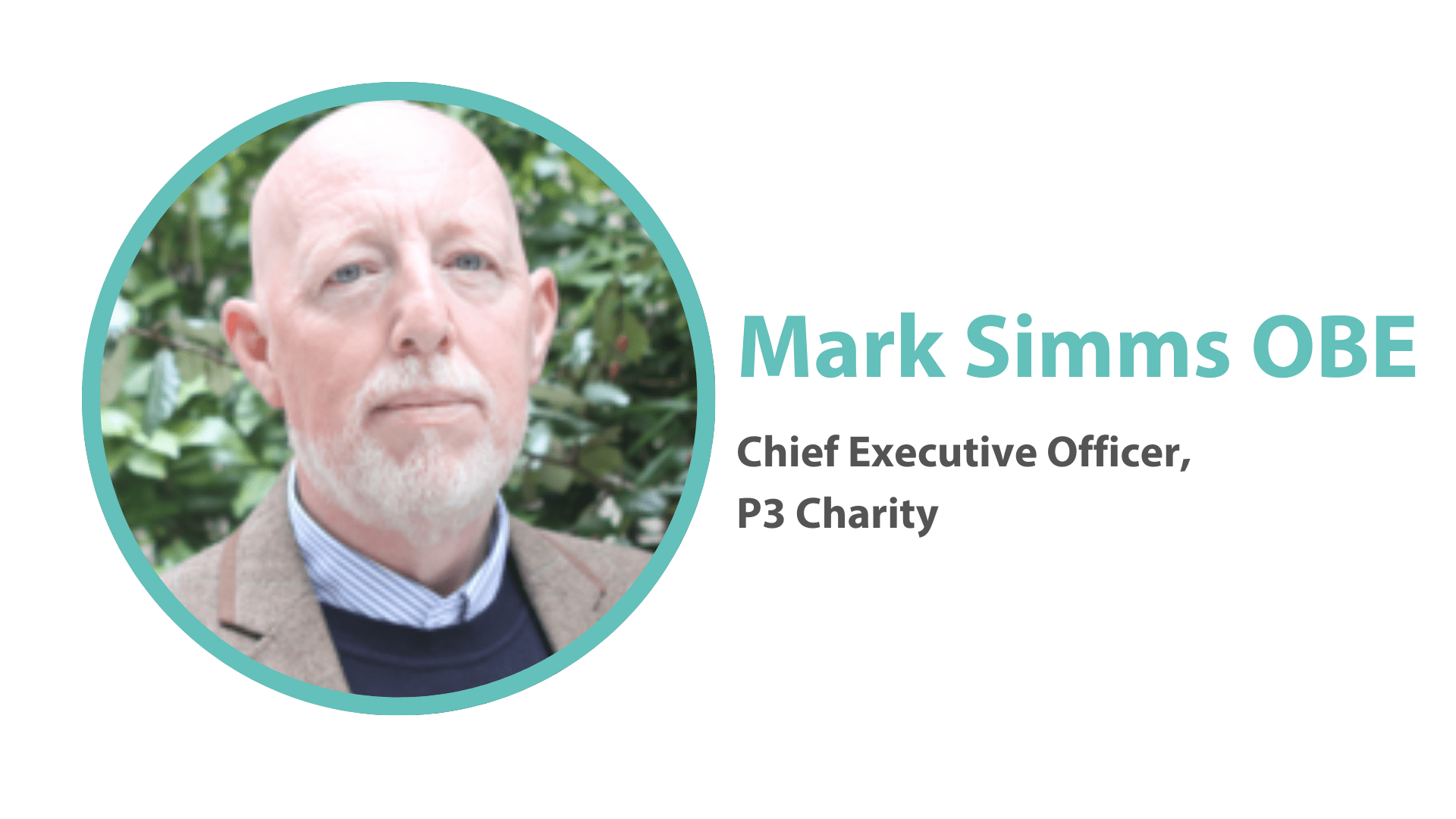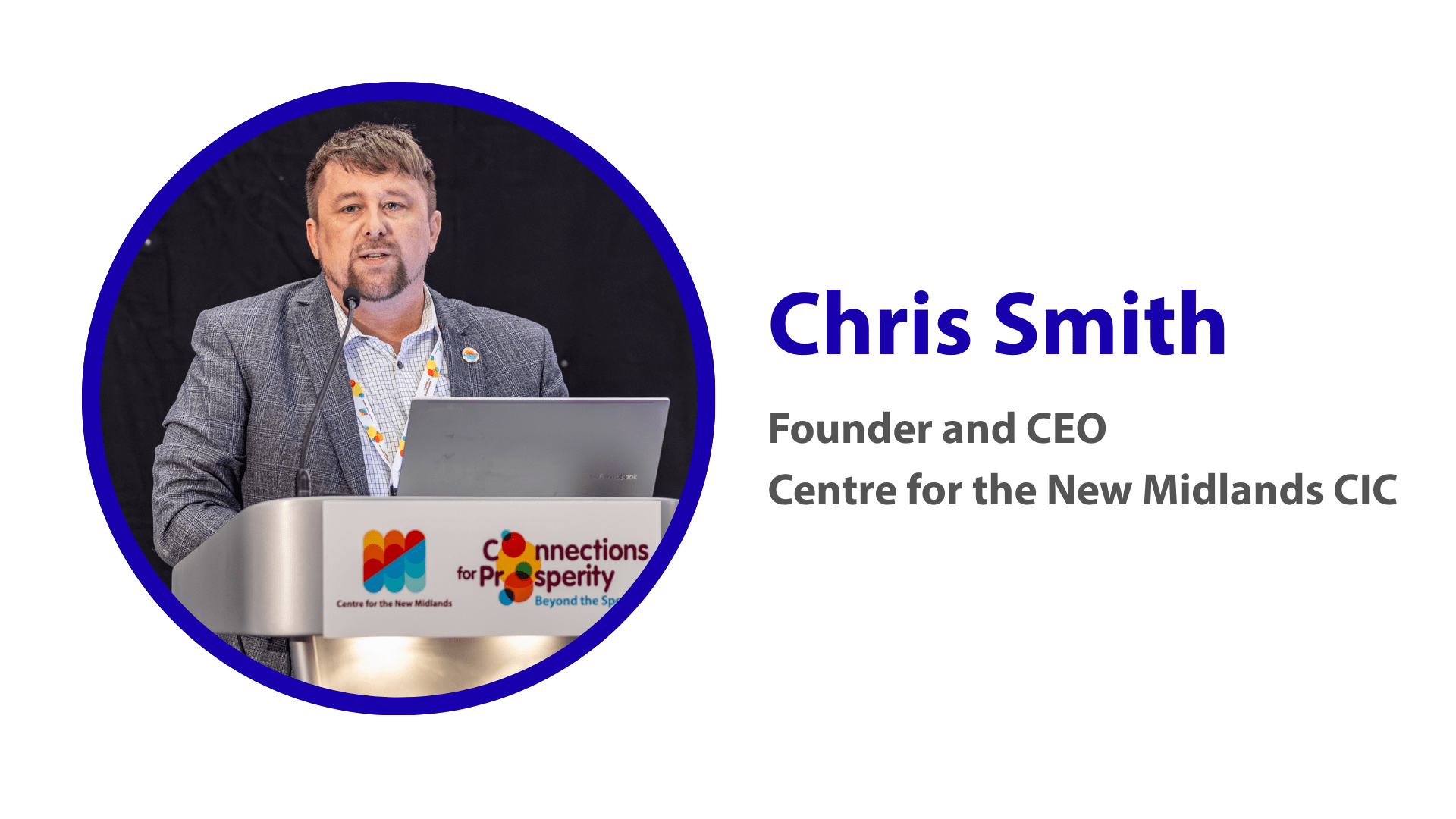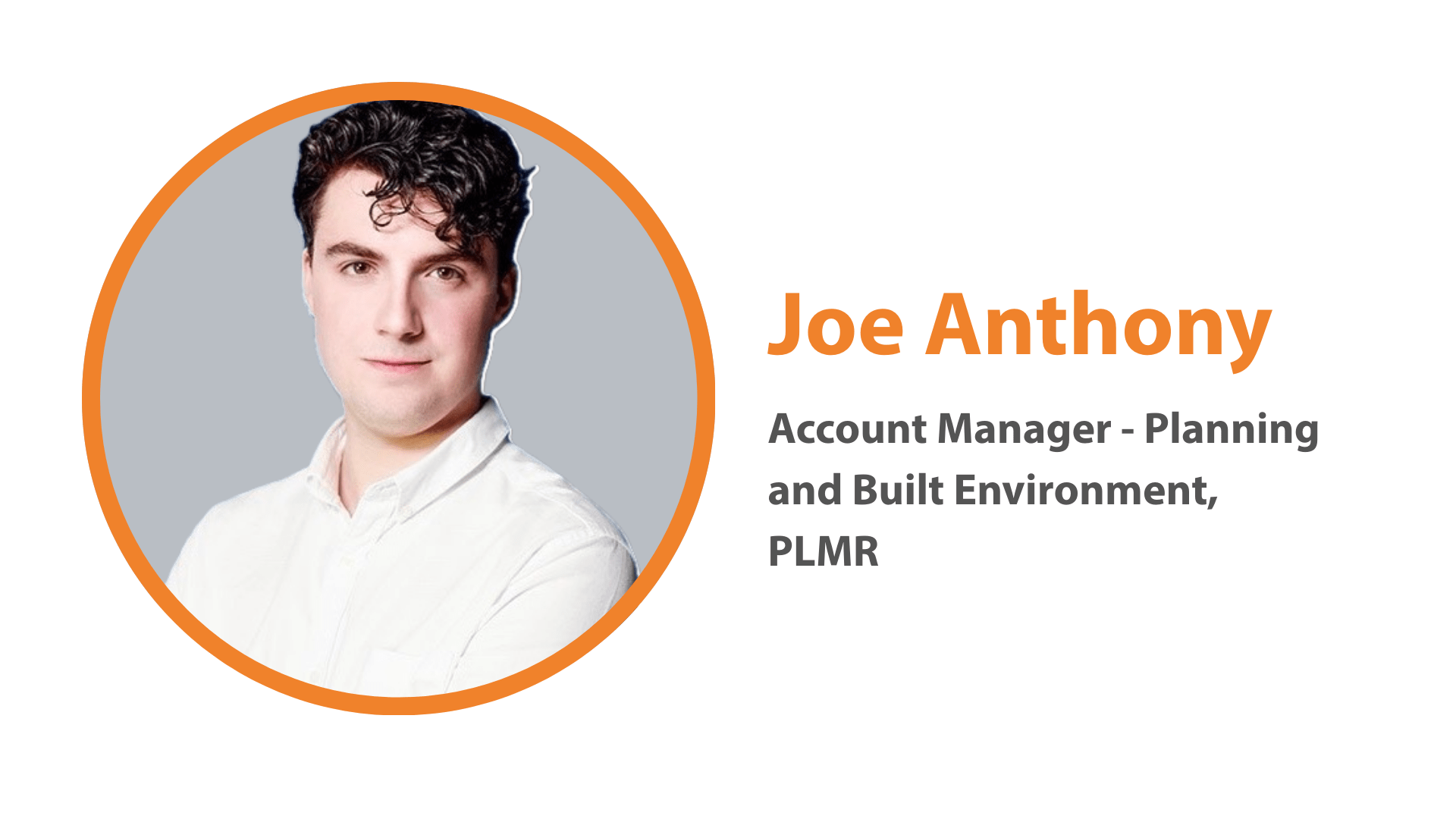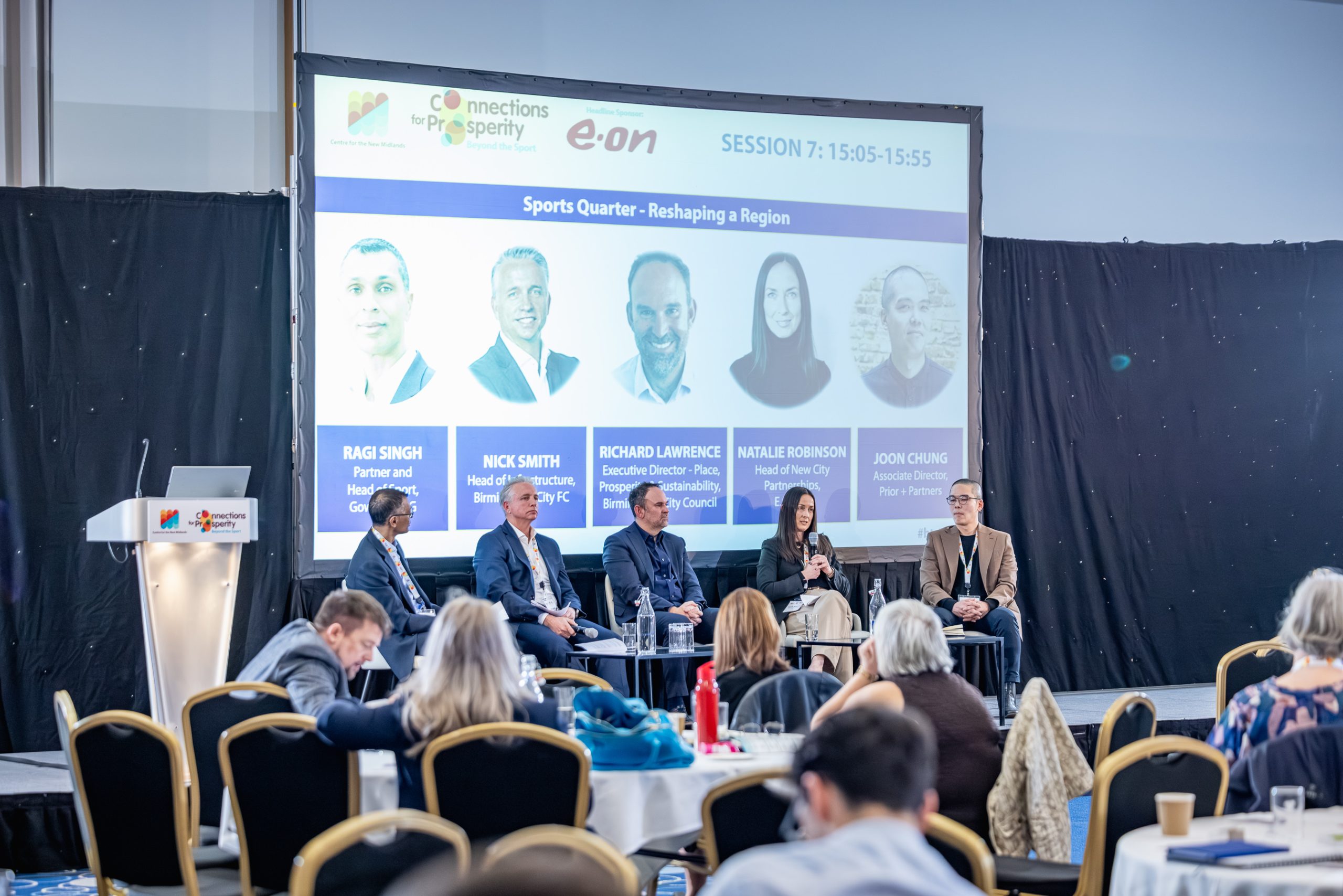At our recent Connections for Prosperity conference which was held at Edgbaston Stadium on 17th July, Sarah Windrum (Head of Cluster Development, HORIBA MIRA and member of CNM’s Digital Leadership Board) chaired a session “Embracing the AI Revolution: What is Happening in Reality Across the West Midlands”
If you were unable to make the session, here’s a summary of the session and the panel’s top 3 takeaways for embracing AI
(August 2025)
The aim of this session was to showcase the opportunity for AI across the region both strategically and practically looking at how we benefit from the range of Government initiatives from AI Growth Zones to business support programmes in AI adoption. We had great speakers from across the AI ecosystem including regional government, university research, software development, and data analysis.
The session opened with Mike Waters, the new Chief Technology Officer for the West Midlands Combined Authority (WMCA), sharing the ambition for the West Midlands is not to spend money on ‘shiny new buildings’ to house large data centres that don’t bring much economic benefit to an area – but instead to promote our use cases for AI across health, transport, and in business adoption. We have the benefit of strong data connectivity into other locations where data centres are or will be accommodated and we can focus on a distributed network that serves people’s real need.
From Professor Ardavan Amini we heard how our regional expertise in research and industry are coming together to solve societal challenges using AI. Ardavan also shared that AI is not new and his recommended read is Perceptrons written by Marvin Minsky and Seymour Paper for those interested in learning more about the origins of the technology.
As the top use case in our audience poll was productivity followed closely by innovation and efficiency, the conversation rightly turned to AI adoption where Ardavan highlighted:
- the need to create commercial impact through collaboration with Universities, the region needs to develop funded programs like the days where we had university delivering WMTN (West Midlands Technology Network) and MAS (Manufacturing Advisory Services) programs in the region, that created real impact by enabling companies to design and develop ICT capabilities (i.e. create websites, databases, setup networks or provide training and skills transfer), we can do a similar funded programs in AI to create new skills and solutions for real industry challenges, to enable business to apply AI technology where needed, enabling them to benefit from university expertise and apply standardisation and best practices.
- Businesses should also focus and invest on critical thinking skills to assist with them to be creative, reflect on their business capabilities for now and their future needs, and align capabilities with their value, operational, cost, innovation, and productivity models.
We then heard from Rich Bishop (withdigital) and Alex Whittles (Purple Frog Systems) with their respective expertise in software development, data processing, and predictive analytics predominantly serving an SME customer base.
Rich shared a great analogy (possibly the best of the conference if you look at the response on LinkedIn!) when he compared AI to a chainsaw. It’s a tool in the toolkit; but, like a chainsaw, AI must be used with extreme caution and the relevant training and it’s not to be used for every task where it isn’t appropriate. Alex shared the work they have done with Microsoft Copilot and echoed the importance of learning which tool is appropriate to which purpose in a business especially considering where data is held and who has access to it. We then had the gift of another great analogy from Rich that a free AI tool is like a drunk person at the bar. You don’t want to tell them all your commercially sensitive information! Selecting the appropriate platform from publicly available Chat GPT to your own locally hosted closed AI tool is another key step in the process to fully benefit from AI.
Rich and Alex’s advice for businesses to effectively embrace AI focused on three core components:
- Technical training: UK Government is working with companies like Microsoft, AWS and Google to provide at least 5 years of access to free training material
- Management advice: Companies can’t adopt what they don’t understand. They need guidance and advice from experts who understand the potential business opportunities and the capability of AI systems
- Data Infrastructure: There must be a focus on embracing a modern data infrastructure. AI needs good, reliable data to build on, to avoid the ‘rubbish in, rubbish out’ scenario
Barriers to adoption came up next with the audience poll revealing the greatest perceived barrier was data protection and the second two were skills in the organisation and lack of strategic focus on AI. Cost of tools was a barrier for only 13% of the audience coming in last. This indicated that programmes to support adoption need to be refocused on advice not on discounting the cost of the tool available. Rich shared the learnings from Help to Grow Digital where providing vouchers that could only be spent on the software and only with companies on the Government’s framework – which tended to be large businesses – did not serve the needs of regional SMEs in the Midlands.
Questions from the audience also came on ethics and sustainable use of AI which could have filled another 40 minutes of discussion! The final poll revealed that 64% of the audience have a positive AI policy in their organisation showing the region has a strong foundation to build future prosperity with these new technology tools if supported with the right training and guidance from the business support landscape.
Our top three takeaways for embracing AI are:
- Remember AI is a powerful tool in your toolkit. It needs to be used appropriately, with the relevant training, and with caution. Think about the data you are sharing and who will have access to it
- AI adoption also doesn’t need to transform the whole business. It’s good to start small and aim big! Start by identifying and solving a few small challenges that have a big impact on productivity, reliability, or customer experience. This approach can position an organisation to make best use of the Government’s multi-million-pound TechFirst AI investment programme and gain funding for AI adoption projects
- The West Midlands is shaping its own AI strategy based on positive impact through use cases like health, transport, and productivity. The region also has significant opportunity to deliver more sustainable solutions for data centre infrastructure and processing through commercialising world-leading research
If you have any feedback on how the Centre for the New Midlands Digital Leadership Board can support greater AI adoption across the region, please do get in touch.
This is a personal blog post. Any opinions, findings, and conclusion or recommendations expressed in this article are those of the authors and do not necessarily reflect the view of the Centre for the New Midlands or any of our associated organisations/individuals.
ABOUT OUR AUTHOR:
Sarah Windrum is a technology business founder and investor leading the development of MIRA Tech Park’s future mobility cluster at the heart of the Midlands. MIRA Tech Park is a thousand-acre site on the Leicestershire and Warwickshire border home to over 40 global tenants specialising in vehicle research & development including zero-emission and cyber resilience technologies. Recent winners of The King’s Award for Sustainable Development, the Tech Park is home to a world-class blend of facilities and expertise at HORIBA MIRA enabling the accelerated delivery of new technologies to market and supporting decarbonisation of transport at scale making all our journeys safer, cleaner, and smarter.
Sarah was formerly Chair of Coventry & Warwickshire Local Enterprise Partnership and still serves as the Midlands Engine Digital Ambassador and a Director for the Coventry & Warwickshire Chamber of Commerce. She is Deputy Chair for the West Midlands Combined Authority’s Innovation Board leading on the £33m Innovation Accelerator pilot. She is also a Regional Fellow at University of Warwick and a recent MSc graduate from Coventry University in Data Science.


